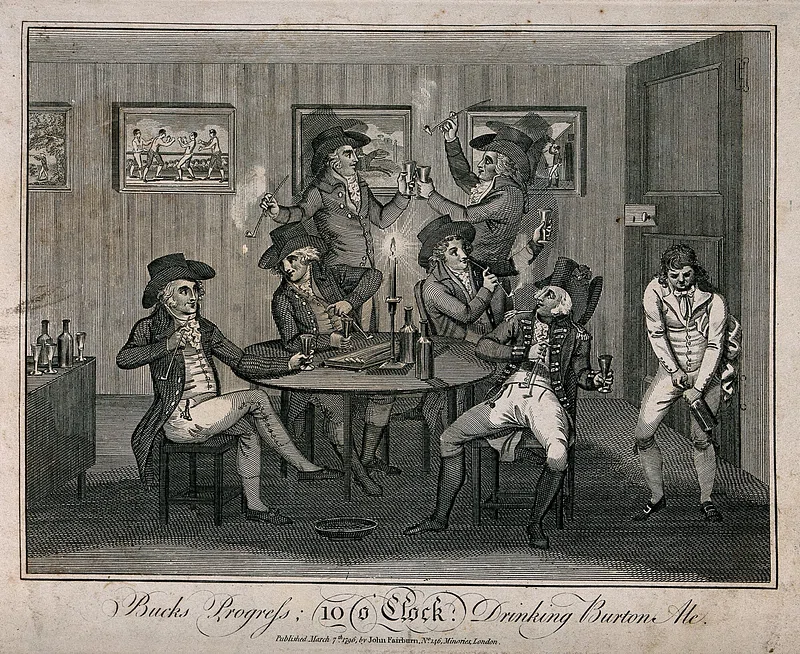We Brits have a notorious reputation for our drinking endeavours. Many other nations wait in fear for the summer when we will flock like locusts to their beaches and towns.
‘Los Británicos Están Llegando! Los Británicos Están Llegando!’ Cry the Spaniards, whilst young men and women scantily clad, roll their suitcases along Magaluf’s clean sun-paved streets.
‘The British are coming! The British are coming!’
The locals’ dread is palpable. Those clean streets will soon be stained with the cum, urine, vomit, and excrement of almost two-million Brits.
Wherever we go it is always this way. Magaluf, Ibiza, Zante, Malia, Kavos, Tenerife, and Sunny Beach are the top destinations for the average party-loving Brit. Every summer we descend upon them, wreak havoc, then depart without care for the devastation left in our wake.
But why are we known for causing such chaos? What sets us apart from every other nation? Well, Great Britain has a Great Problem. And that problem is drink.
A History of Alcohol in Great Britain
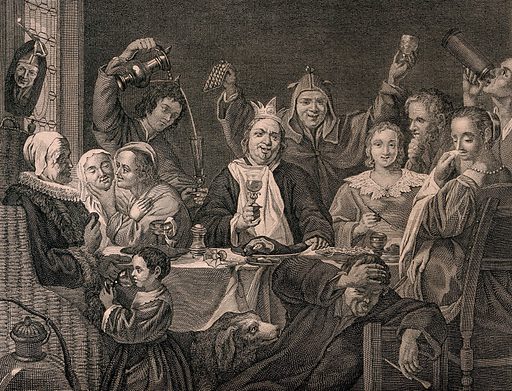
Let’s face it. We aren’t the only nation who drinks. For thousands of years, humans have indulged in the vice. The earliest known concrete evidence stems from China in 7,000 BCE, where excavated clay pots were found to hold the residue of fermented rice, millet, grapes, and honey.
Potentially however, Britain’s alcohol consumption dates back even further than that when archaeologists found jugs possibly used for alcoholic fermentation which hail from over 12,000 years ago. This means we Brits have maintained a very long love of drinking. And even from the offset, we didn’t do it in moderation.
Yes, as far back as when Rome colonised our little island, there is evidence of our nation’s binge drinking. Apparently, rather than us adopt the Italian way of savouring wine with food, we favoured the Germanic model, to feast-drink or rather, to drink to excess. The Romans didn’t attempt intervention in our debaucherous ways. In fact, the early emperors of that time enjoyed indulging in heavy drinking sessions themselves.
Consequently, we Brits smashed booze for hundreds of years without repercussion. Beer, ale, mead, and malt liquor became staples of most men’s diets. The Romans gifted us with “tabernae”, now known as taverns – and thus our love for pubs too was born.
Then the Tudors took charge of the country. Whilst King Henry VIII was renowned for his hedonism, his children had different personas. In 1552, during the short reign of his son, Edward VI, intoxication was first made a civil offence. Henry’s daughters upheld this law throughout their subsequent reigns.
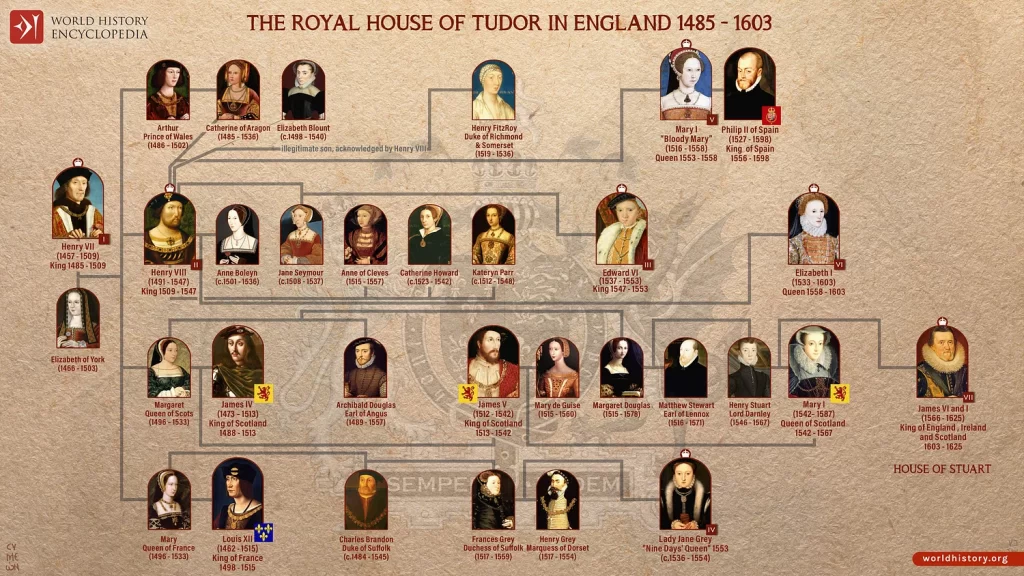
But when James I took over in 1603, he found the enaction of this law to be poor, therefore, he decided to strengthen it. In 1606, his parliament passed “The Act to Repress the Odious and Loathsome Sin of Drunkenness”. Now, if somebody stayed in an inn for longer than an hour without obligation, they were fined. If they appeared drunk, they would be fined even more. Failure to pay the fine would result in spending four to six hours in the stocks.
Nevertheless, these new legislations and taxes on alcohol did nothing to sway the country’s gluttony. Gin consumption rose in the 17th century, when Oliver Cromwell cancelled the tax on distilling homegrown spirits to eradicate the trade of smuggled French brandies.
A Gin Epidemic quickly took hold. Within seven years, a population of seven million English were annually drinking 18 million gallons of gin due to its cheapness.
For thirty years, this epidemic scourged British society. In 1736, parliament tried to tax gin and prohibit its sales in quantities of less than two gallons. This was met with a drunken nation’s fury. There were riots and six years later, parliament abolished the legislation.
Eventually, beer became the country’s choice of poison once again when gin prices rose, and beer prices plummeted. Throughout the Industrial Revolutions, factory workers sought solace from their hard-working lives at the bottom of a bottle.
The church and parliament frequently discussed and tried to place hindrances on how the nation drinks. But as we now know, with how our society looks today, this unwanted meddling fell on deaf ears.
A Modern Day Problem
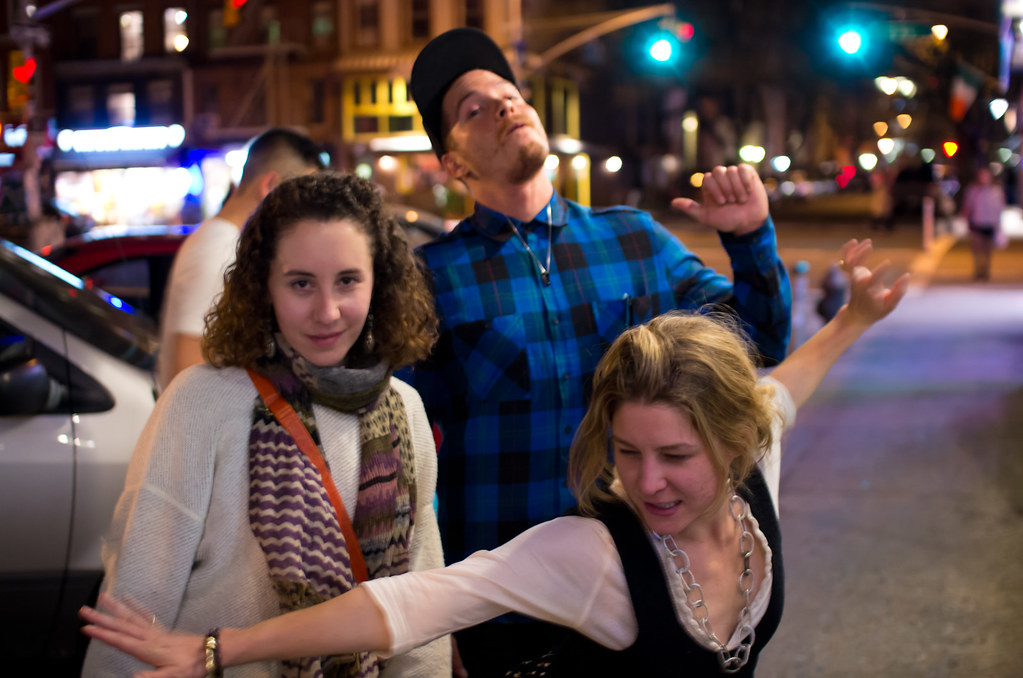
Fast forward to 2024, and alcohol continues to enthral Great Britain. For decades now, the rest of the world has perceived us as a rowdy bunch who have a Great Problem with drink.
Whilst our country doesn’t rank in the top ten nations with the highest alcohol consumption, it is how we behave on alcohol that grants us such widespread disapproval.
Just venture into your closest city on any given weekend. What do you see? From 12pm onwards, most pubs are crammed. The early birds. Those men and women who have worked all week in jobs they despise. The only thing they look forward to is getting hammered on the weekend.
They sit in those bars all day long. Throwing pints and shots and cocktails down their necks. Until night falls, then, the clubs open their doors. Now, these already intoxicated ghouls stagger from the pubs into the cacophony of thumping beats and volatile streets.
Come midnight, heavily inebriated people are rife outside the clubs. Stood in smoking shelters. Screaming at each other over the blast of the music escaping from the club. Yes, most of them are having a good time, but there are also many who aren’t.
Two men fight each other like a pair of Tasmanian Devil’s. Police tackle a man who urinates behind a bin. A woman holds her friend’s hair back as she pukes into the gutter. Another has lost her group somewhere amongst the thrall of the crowd, so she sits on the curb and cries into a bag of McDonald’s.
Such scenes are shocking to foreigners. But these scenes aren’t rarities. We bear witness to them most weekends in Britain. And it is why other countries hate us. Because we bring this chaos with us whenever we travel abroad.
Problematic Statistics
There are also damning statistics to back up the stereotype of Britain having a toxic drinking culture. 24% of adults in England and Scotland regularly drink more units than the recommended guideline of fourteen a week. 27% of drinkers in Great Britain admit to binge drinking on their heaviest drinking days too (over eight units for men, and over six units for women). Even more frighteningly, alcohol is the biggest risk factor for death, ill-health, and disability among 15-49 year-olds in the UK.
The most recent government study done on alcohol-related and alcohol-specific deaths offers a startling insight into how alcohol-abuse has risen since COVID, likely in correlation with the mental-health issues caused by the pandemic. In the graph below, we can see that between 2006 and 2019 there was a steady rate of deaths due to alcohol, then in subsequent years, the numbers soared.
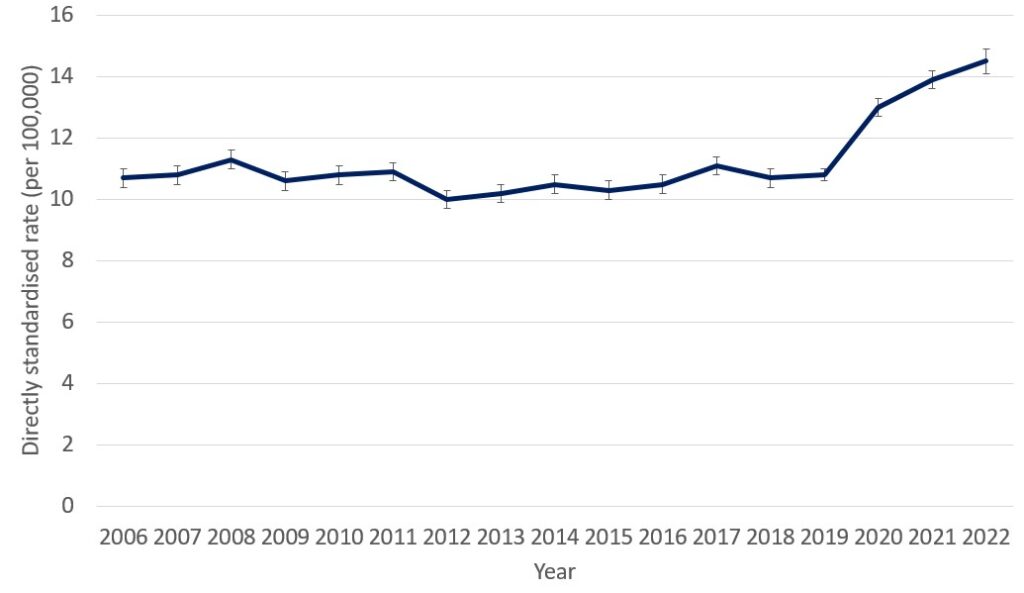
Nonetheless, alcohol isn’t just harming the drinker themselves. Its ability to make us lose our inhibitions also results in some users committing crimes. In 2017/18, in 39% of violent incidents, the victim believed the perpetrator to be under the influence of alcohol. In 2016/17 in England and Wales, in 35.8% of sexual assault cases the offender was under the influence of alcohol.
Whilst these statistics are lower than decades before, is this because we have become better drinkers? Or is it because, even under the influence, many criminals realise they are more likely to get caught due to better policing techniques? That point is open for debate.
To observe more of these statistics, please follow this link: https://alcoholchange.org.uk/alcohol-facts/fact-sheets/alcohol-statistics.
Some of the statistics featured do offer hope for we Brits, but again, if you venture out into your city on any given weekend, those hopes might dwindle.
In Conclusion
This isn’t me trying to preach. I, like so many other Brits have binge drank for most of my life. It is part of our culture, whether we like it or not. Unfortunately, I doubt that will ever change.
We drink in celebration, we drink in mourning, we drink when it’s sunny, we drink when it rains. Really, we Brits don’t need a reason to drink. To drink is the reason.
It encapsulates every aspect of our society. It is glorified everywhere we go. Adverts on the radio, television, at the movies, on the side of shops, printed on big billboards – we can’t escape it. Celebrities endorse it. Politicians are shown savouring a good pint.
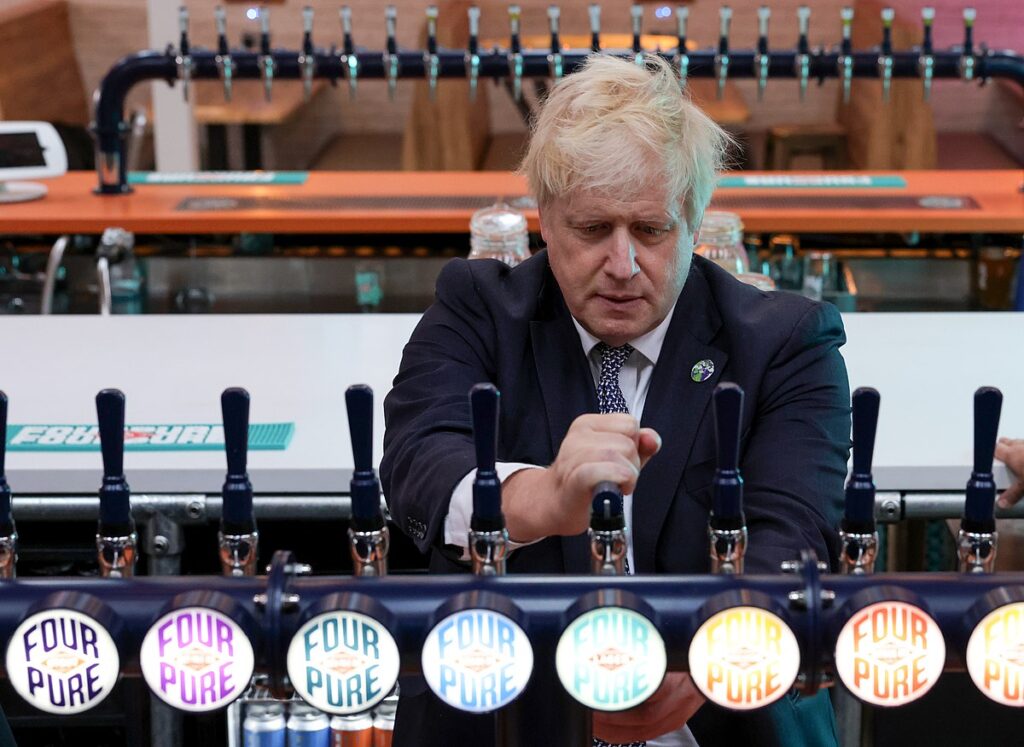
But there comes a point when some of us realise we don’t want our lives to revolve around drink. We become disillusioned with its toxic hold. Why do we need to drink on every occasion? What does it achieve? If you begin to ask yourself questions like these, maybe it’s time to take a break and think for yourself.
Sometimes, a sober reality is better than a drunken one. To slip from out of this country’s mass psychosis can feel liberating. Climbing out of the bottom of that bottle to smell the fresh air. Not many Brits do it. You might be judged for it. But I would rather be a wolf than a sheep.
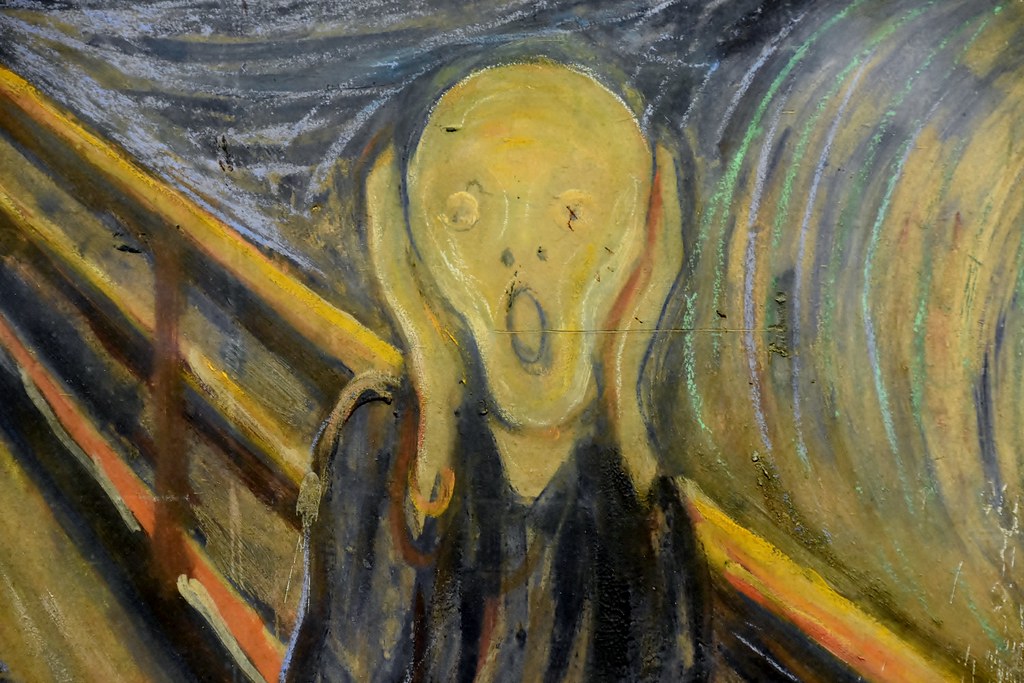
Hopefully, there will be a day when Great Britain doesn’t have a Great Drinking Problem, but sadly, I don’t know when that day will come.
